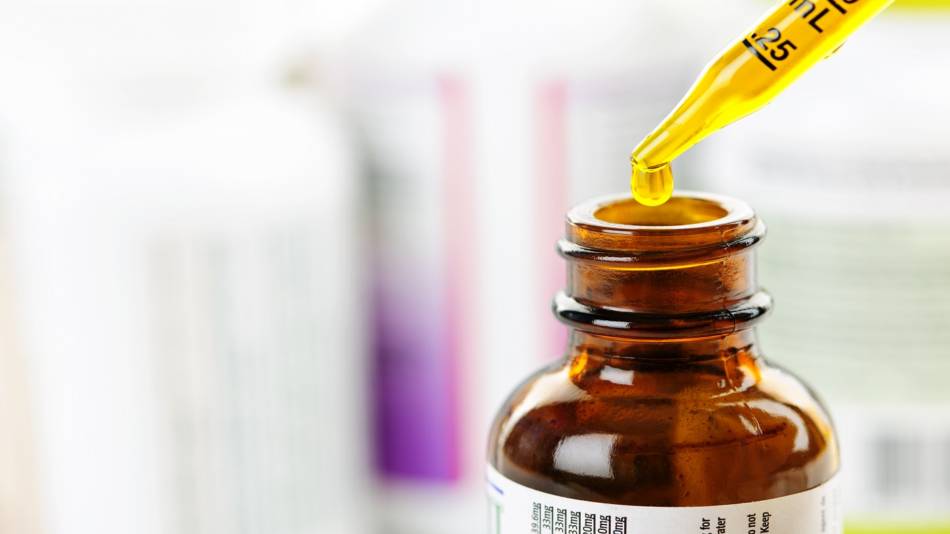
Answer:
There are pros and cons to liquid and gummy vitamins compared to tablets, caplets, capsules or softgels.
Pros:
A benefit of both a liquid and a gummy vitamin is that you avoid the risk that an improperly made tablet or caplet will not break apart and fully release its ingredients for absorption. ConsumerLab.com subjects the tablets and caplets it reviews to a disintegration test for this reason and has come across many of these types of pills that don't break apart at all or, more often, only partially break apart. For example, in 2017, multivitamins from two different companies failed to break apart fully after 30 minutes (the required time as per the U.S. Pharmacopeia) and still had not fully disintegrated after another 30 minutes. You are unlikely to have any disintegration issues with regular capsules and softgels, although ConsumerLab.com has found that some enteric-coated and timed-release products release ingredients before they should. Keep in mind that absorption of certain vitamins and minerals can also be affected by whether they are taken with food or fat.
Another issue avoided with liquids and gummies is the trouble some people (particularly young children and older adults) have with swallowing non-chewable tablets or capsules.
Liquids may be preferable for people who have trouble with digestion due to gastric surgery or other reasons.
Having a supplement in liquid form makes it easier to modify the dose. For example, if a supplement, like vitamin D liquid drops or a fish oil liquid, is being shared among family members, it is very easy to give each person their specific dose by changing the number of drops or fraction of a teaspoon that you administer.
Some ingredients in supplements are hygroscopic, i.e., they attract water, and pills containing them can quickly become "wet" from moisture in the air. Magnesium chloride a good example of this, but it is also the preferred form if you need to take high-dose magnesium as it is less likely to cause diarrhea than other forms. It is therefore better to take magnesium chloride as a liquid than as a pill. See our Magnesium Supplements Review for our Top Picks for magnesium supplements, including magnesium chloride.
Cons:
A risk of a liquid is that some ingredients are less stable in a liquid environment, resulting in a loss of ingredient over time. This is of particular concern with vitamins such as vitamin C and folic acid. ConsumerLab has also come across this problem with liquid creatine supplements, where creatine breaks down to creatinine. Gummy vitamins are also more likely than pills to have stability issues.
You will also need a pill form (tablet or capsules) rather than a liquid or gummy if you need to delay the absorption (such as with a timed-release melatonin), or are trying to deliver the ingredient intact to the intestine without being digested in the stomach, such as with some enteric-coated probiotics and fish oils.
Some liquid supplements may require refrigeration making it difficult to take with you during the day or when traveling. Also be aware that liquids that you create from an effervescent ("fizzy") powder or tablet may contain a substantial amount of sodium, which can carry health risks.
Since they are candy-like, gummy vitamins pose a risk to children who may consume more gummies than suggested, ingesting excessive amounts of vitamins and minerals. For this reason, as well as to avoid a metallic taste, iron is often not included in gummies: If you need to get iron from a multivitamin, a gummy without iron would, therefore, not be a good choice.
Join today to unlock all member benefits including full access to all CL Answers and over 1,400 reviews.
Join NowAlready a member? Sign In Here.
Join now at www.consumerlab.com/join/

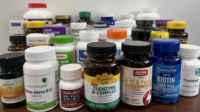



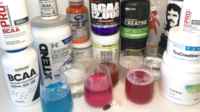

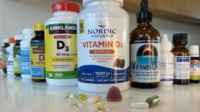
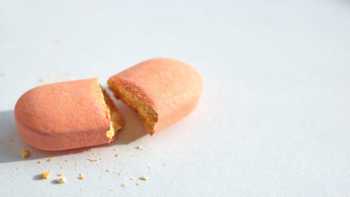
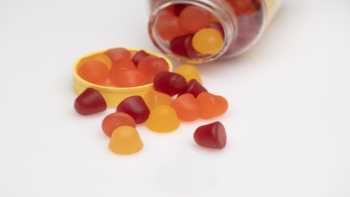







Submit your comment
This feature is restricted to active members.
Join now to add comments and get all member benefits, including over 1,400 reviews.
Join NowAlready a member? Sign in here.